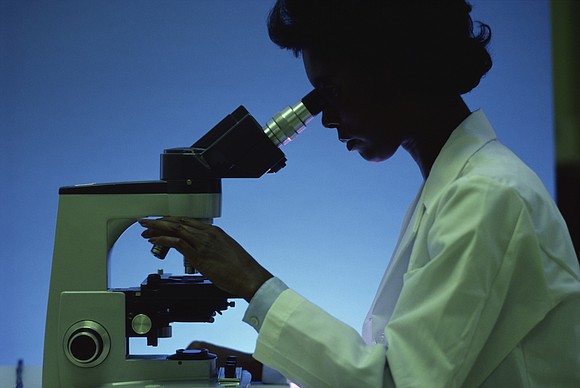Governor Larry Hogan announced that Maryland’s State Public Health Laboratory has been approved for testing for Coronavirus Disease 2019 (COVID-19). This means that rather than waiting for test results from Centers for Disease Control and Prevention (CDC) labs in Atlanta, Georgia, people who are suspected to have COVID-19 may be diagnosed faster through the Maryland Department of Health (MDH) labs in Baltimore.At this time, Maryland has no confirmed cases of coronavirus.
Additionally, the Maryland Emergency Management Agency (MEMA) held a planning workshop on March 3, 2020 to review continuity of operations plans (COOP) across state government.
“Our highest priority is keeping Marylanders safe, and having the capability to test quickly for potential COVID-19 cases is an important part of that,” said Governor Hogan. “We want our citizens to know that all levels of government are working together proactively and taking every possible precaution to respond to threats of public health.”
Until recently, the CDC guidelines for testing were limited to patients with clear symptoms of infection who had either traveled to a geographic region of concern or who were in close contact with someone who had tested positive for COVID-19. Last week, the CDC expanded testing criteria to include severely ill hospitalized patients within unexplained acute lower respiratory symptoms.
“The ability to test in our own facility in Baltimore is crucial to our rapid response efforts, which are at the forefront of Maryland’s strategy to minimize risk,” said MDH Secretary Robert R. Neall. “We’re working with MDH laboratories to coordinate the use of these tests and will keep the public informed about cases and results.”
On January 29, 2020, Governor Hogan directed all state agencies to take every precaution to prepare and mobilize whatever resources are necessary to address COVID-19. This week, the governor will submit a $10 million emergency funding request to the General Assembly as part of a supplemental budget.
At this time, there is no vaccine for COVID-19. Prevention of COVID-19 centers on frequent hand washing, covering coughs and sneezes and separating people who have respiratory symptoms.
Treatment for COVID-19, as with any coronavirus infection like the common cold, includes the use of over-the-counter fever-relievers, drinking plenty of fluids and resting at home to help relieve symptoms. Those with more severe symptoms may be hospitalized to provide additional support.
While much remains unknown about COVID-19, the CDC reports that people who are elderly and who have chronic health conditions appear to be at higher risk for infection. These chronic conditions may include cancer, diabetes, heart disease or any issue that lowers the body’s immunity to germs.
Information and updates about COVID-19 in Maryland— including up-to-date testing and confirmed case count information—are available at health.maryland.gov/coronavirus. The page is updated daily.
Additional information about COVID-19, including the latest CDC travel advisories, can be found at: https://www.cdc.gov/coronavirus/2019-nCoV/index.html.
